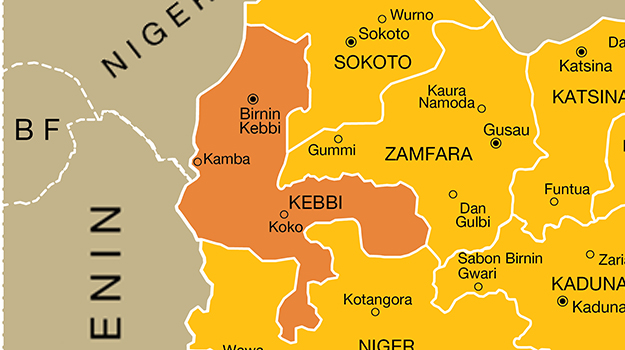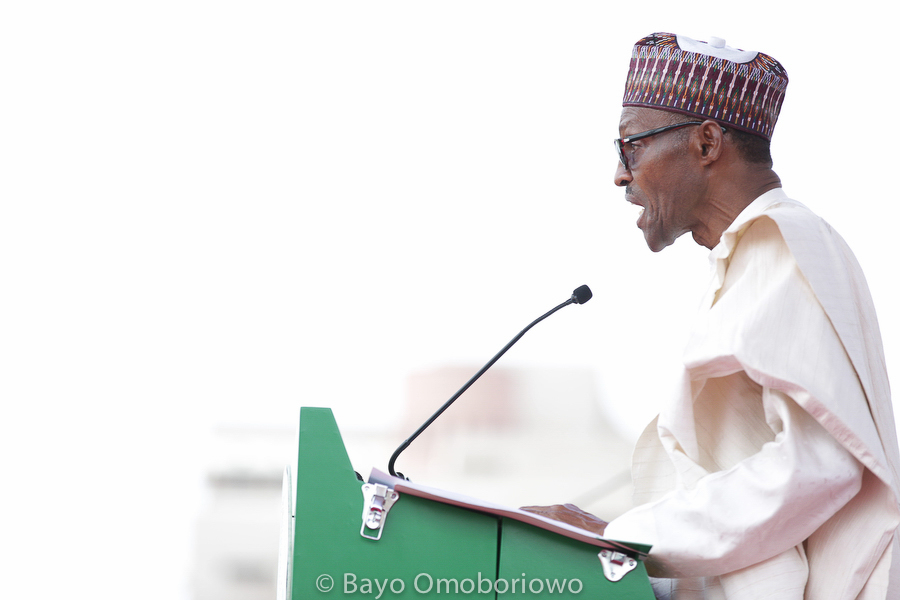Intending buyers of private jets will have to source for the forex elsewhere as the Central Bank of Nigeria (CBN) continues to tighten the noose on the exchange rate.
Import items also prohibited from accessing forex from the official market are rice, textiles, tomato paste and poultry products.
There are now fears that the pressure will increase on the black market.
Naira officially exchanges for N198.50 to $1 but it is N222 in the black market, while the CBN has pumped about $3.6 billion into the forex market since February to prevent the national currency from going into a freefall.
Advertisement
In a circular signed by Olakanmi Gbadamosi, the CBN director of trade and exchange, the central bank said it was imperative to exclude importers of some goods and services from accessing forex at the Nigerian foreign exchange market in order to encourage local production of the items.
“In the continuing efforts to sustain the stability of the forex market and ensure efficient utilisation of forex and the derivation of optimum benefits from goods and services imported into the country, it has become imperative to exclude importers of some goods and services from accessing foreign exchange at the Nigerian forex markets in order to encourage local production of these items,” he said.
The circular, dated June 23, 2015, stated that the implementation of the policy would help to conserve foreign reserves and facilitate the resuscitation of domestic industries as well as generate employment.
Advertisement
He said: “The implementation of the policy will help conserve foreign reserves as well as facilitate the resuscitation of domestic industries and improve employment generation.
“For the avoidance of doubt, please note that the importation of these items are not banned, thus importers desirous of importing these items shall do so using their funds without any recourse to the Nigerian foreign exchange market.”
Items include: margarine, palm kernel/palm oil products/vegetable oils, meat and processed meat products, vegetables and processed vegetable products, poultry products (chicken, eggs and turkey), Indian incense, tinned fish in sauce (Geisha, Sardines), cold rolled steel sheets, galvanised steel sheets, roofing sheets, wheelbarrows, head pans, metal boxes and containers, and enamelware.
Others are steel drum, steel pipes, wire rods, iron rods and reinforcing bars, wire mesh, steel nails, security and razor wire, wood particle boards and panel, wood fibre boards and panels, plywood boards and panels, wooden doors, toothpicks, glass and glassware, kitchen utensils, tableware, tiles, woven fabrics, clothes, plastic and rubber products, and soap and cosmetics, tomatoes/tomato paste and Euro bond/foreign currency bond/share purchases.
Advertisement
The bank recently restricted the amount Nigerians could spend on their credit cards abroad in another effort to stop dollars leaving the country.






